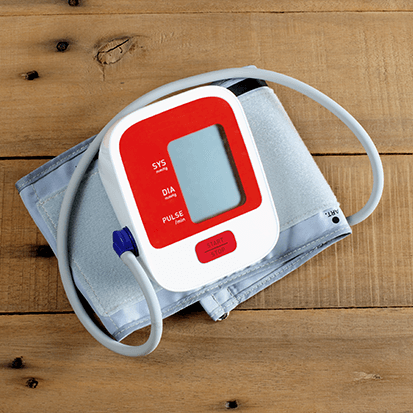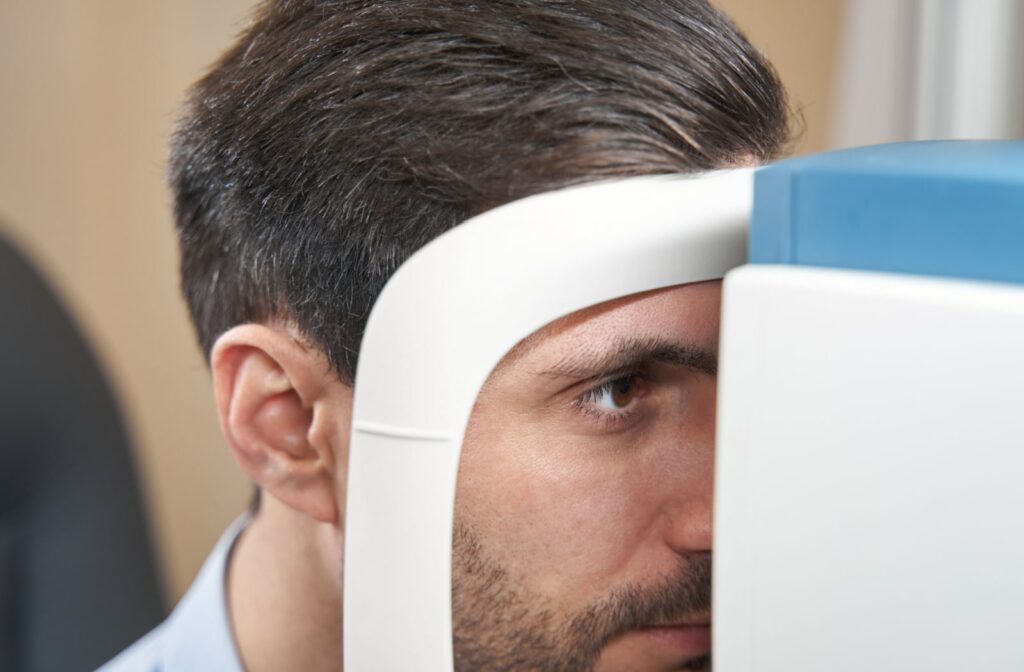All Categories
Featured
Low vision is a condition that significantly influences day-to-day tasks like reading, driving, or identifying faces, despite having rehabilitative lenses. For individuals encountering such obstacles, low vision recovery supplies a path to reclaim independence and improve lifestyle. Let's explore the available choices for low vision rehabilitation and how they aid individuals browse the world much more with confidence.
Recognizing Low Vision Recovery
Low vision recovery is a customized solution developed to make the most of the practical capacities of individuals with long-term vision impairment. This multidisciplinary approach includes evaluations, training, and devices tailored to every individual's distinct needs. The objective is to empower people by boosting their remaining vision and mentor approaches to adapt to their environment.
Secret Options in Low Vision Rehabilitation
Comprehensive Eye Exams
A low vision professional executes thorough analyses to comprehend the extent of vision loss and determine suitable treatments. These examinations concentrate on determining the person's visual acuity, outer vision, and light level of sensitivity.
Assistive Tools and Innovation
A wide variety of modern technologies and tools are readily available to assist individuals with low vision:
Magnifiers: Handheld, stand-mounted, or digital magnifiers assist enlarge text or photos.
Telescopic Lenses: Useful for distance watching, such as watching television or analysis street signs.
Screen Readers: Software program that reviews aloud the text on a display, helping those that fight with reading.
CCTV Solutions: Closed-circuit tvs multiply published material or things for easier viewing.
![]()
Smartphone Apps: Applications like Be My Eyes or Seeing AI offer real-time support and descriptions of environments.
Training Programs
Vision recovery consists of training to optimize using continuing to be vision and adapt to new tools:
Positioning and Flexibility Training: Helps individuals navigate strange areas and make use of canes or overview pet dogs effectively.
Daily Living Skills: Shows strategies for cooking, brushing, and various other day-to-day tasks with minimal vision.
Visual Abilities Training: Entails workouts to strengthen field of vision or enhance emphasis.
Environmental Alterations
Adjusting the home or work environment can dramatically improve self-reliance:
Mounting brighter illumination and contrasting shades.
Adding responsive markers to appliances.
Setting up furniture to develop clear paths and decrease barriers.
Counseling and Psychological Support
Vision loss can be mentally difficult. Support system and therapy services assist people handle the mental effect and construct durability.
That Supplies Low Vision Rehab?
Low vision rehabilitation services are offered by:
Reduced Vision Specialists: Eye doctors or ophthalmologists with added training.
Job-related Therapists: Specialists who focus on boosting day-to-day functioning.
Rehabilitation Therapist: Specialists that aid with emotional and mental support.
![]()
Conclusion
Low vision rehab is a lifeline for those dealing with significant vision loss. With the right tools, training, and support, people can lead satisfying and independent lives. Whether it's via advanced innovations, tailored training programs, or emotional support, the choices available today ensure that nobody needs to deal with reduced vision alone. If you or an enjoyed one is experiencing vision obstacles, consider connecting to a reduced vision specialist to explore these transformative rehabilitation services.
Recognizing Low Vision Recovery
Low vision recovery is a customized solution developed to make the most of the practical capacities of individuals with long-term vision impairment. This multidisciplinary approach includes evaluations, training, and devices tailored to every individual's distinct needs. The objective is to empower people by boosting their remaining vision and mentor approaches to adapt to their environment.
Secret Options in Low Vision Rehabilitation
Comprehensive Eye Exams
A low vision professional executes thorough analyses to comprehend the extent of vision loss and determine suitable treatments. These examinations concentrate on determining the person's visual acuity, outer vision, and light level of sensitivity.
Assistive Tools and Innovation
A wide variety of modern technologies and tools are readily available to assist individuals with low vision:
Magnifiers: Handheld, stand-mounted, or digital magnifiers assist enlarge text or photos.
Telescopic Lenses: Useful for distance watching, such as watching television or analysis street signs.
Screen Readers: Software program that reviews aloud the text on a display, helping those that fight with reading.
CCTV Solutions: Closed-circuit tvs multiply published material or things for easier viewing.

Smartphone Apps: Applications like Be My Eyes or Seeing AI offer real-time support and descriptions of environments.
Training Programs
Vision recovery consists of training to optimize using continuing to be vision and adapt to new tools:
Positioning and Flexibility Training: Helps individuals navigate strange areas and make use of canes or overview pet dogs effectively.
Daily Living Skills: Shows strategies for cooking, brushing, and various other day-to-day tasks with minimal vision.
Visual Abilities Training: Entails workouts to strengthen field of vision or enhance emphasis.
Environmental Alterations
Adjusting the home or work environment can dramatically improve self-reliance:
Mounting brighter illumination and contrasting shades.
Adding responsive markers to appliances.
Setting up furniture to develop clear paths and decrease barriers.
Counseling and Psychological Support
Vision loss can be mentally difficult. Support system and therapy services assist people handle the mental effect and construct durability.
That Supplies Low Vision Rehab?
Low vision rehabilitation services are offered by:
Reduced Vision Specialists: Eye doctors or ophthalmologists with added training.
Job-related Therapists: Specialists who focus on boosting day-to-day functioning.
Rehabilitation Therapist: Specialists that aid with emotional and mental support.

Conclusion
Low vision rehab is a lifeline for those dealing with significant vision loss. With the right tools, training, and support, people can lead satisfying and independent lives. Whether it's via advanced innovations, tailored training programs, or emotional support, the choices available today ensure that nobody needs to deal with reduced vision alone. If you or an enjoyed one is experiencing vision obstacles, consider connecting to a reduced vision specialist to explore these transformative rehabilitation services.
Latest Posts
Check Out the Premier Auto Repair Deals in Montclare, Chicago
Published May 29, 25
1 min read
Check Out the Premier Auto Repair Discounts in Montclare, Chicago
Published May 28, 25
1 min read
Uncover Cost-Effective Auto Repairs with Montclare’s Monthly Service Specials
Published May 27, 25
1 min read